Evening Primrose Oil: A Natural Boost for Hormonal & Skin Health
Evening primrose oil is a luxurious, nutrient-rich oil pressed from the seeds of Oenothera biennis. Celebrated for its anti-inflammatory, emollient, and nervine tonic properties—and known to promote gut health—this oil is widely used to support women’s health and soothe skin in topical formulas. Bridging centuries of traditional use with modern herbal wellness, evening primrose oil remains a treasured natural remedy.
Cultural and Historical Significance
Folklore and Traditions
For generations, evening primrose has held an esteemed place in herbal lore. Its bright yellow flowers, which unfurl at dusk and close with the morning light, have inspired numerous myths and rituals. In many cultures, the nocturnal blooming was seen as a symbol of renewal and mystery. Traditional healers believed that the plant’s unique life cycle bestowed special powers of rejuvenation and calm, making it a natural remedy for ailments related to stress and imbalance.
Historical Figures and Herbal Advocates
Historical texts reveal that prominent herbalists and naturalists have long championed evening primrose for its healing properties. Early European herbalists meticulously recorded its uses, noting its benefits for soothing inflammation and supporting women’s health. Over time, these advocates ensured that the wisdom of evening primrose was passed down through generations, solidifying its role in the canon of natural remedies used to balance the body and mind.
Cultivation and Harvesting
Growing Conditions
Native to the Americas, evening primrose now flourishes across Europe and parts of Asia. This biennial herb thrives in moist, well-drained soil rich in organic matter and prefers sun-drenched locations for optimal growth. The plant’s robust nature is well-suited to a variety of temperate climates, making it a dynamic addition to any herb garden. In gardens where space and soil quality allow, evening primrose contributes both aesthetic appeal with its bright yellow blooms and ecological value by attracting beneficial pollinators.
Harvesting Tips
Traditionally, the leaves and flowers of evening primrose were harvested for poultices, where their medicinal properties supported wound healing and relieved sore throats. Today, the primary focus is on the seeds—the source of the prized oil. Harvest the seeds once the flowers have faded and the seed pods have dried, indicating they are ripe for pressing. For best results, collect seeds during a dry spell when the foliage is at its peak, and store them in an airtight container if not processed immediately.
Plant Anatomy
Evening primrose is easily recognized by its distinctive features. Its bright yellow flowers open in the evening and close with the morning light, creating a captivating nocturnal display. The plant bears slender, lanceolate leaves and develops visible seed pods as the blooms mature. These pods eventually burst open, releasing seeds rich in essential fatty acids. The overall anatomy—from vivid, ephemeral blossoms to the wellness-packed seeds—makes this herb a standout in both gardens and herbal apothecaries.
Health Benefits and Therapeutic Applications
Evening primrose oil is revered for its extensive range of health benefits, which include:
Anti-Inflammatory & Emollient Effects: The oil’s anti-inflammatory properties help calm irritated skin, reduce redness, and restore moisture. Its rich, luxurious texture allows for slow absorption, ensuring prolonged skin nourishment.
Nervine Tonic & Gut Health Support: Traditionally used as a nervine tonic, the oil helps maintain nervous system balance while contributing to overall gut health.
Women’s Health: Commonly found in both topical formulations and dietary supplements, evening primrose oil supports hormonal balance and skin vitality, making it a staple in women’s wellness routines.
Whether applied directly to the skin or ingested as part of a balanced diet, evening primrose oil offers a natural pathway to holistic healing.
Phytochemistry
The efficacy of evening primrose oil is largely due to its distinctive fatty acid profile:
Linoleic Acid & γ-Linolenic Acid (GLA): Essential omega-6 fatty acids that play a significant role in reducing inflammation and promoting healthy cell membranes.
Additional Fatty Acids: Components such as palmitic, oleic, and stearic acid, along with various eicosanoids, further contribute to its anti-inflammatory and nourishing properties.
This robust phytochemical composition is the foundation for the oil’s therapeutic applications in both internal and external healing practices.
Organoleptic Qualities
Color: The oil is yellow to amber in color
Scent: Nutty, and vegetable-oil esc
Taste: Mild
Quality: A heavy oil that absorbs slowly with a rich, luxurious texture.
Formulations and Recipes
Evening primrose oil is versatile and can be integrated into various formulations:
Topical Applications: Use the oil directly or blend it into creams, lotions, and salves. Its lush texture makes it ideal for hydrating dry or irritated skin, reducing inflammation, and promoting overall skin health.
Dietary Supplementation: When ingested, the oil is available in liquid form or capsules, providing a concentrated source of essential fatty acids for internal support.
For DIY enthusiasts, create your own natural skincare products or integrate the oil into dietary smoothies, offering both beauty and wellness benefits.
Cautions and Contraindications
Evening primrose oil is generally regarded as safe with no known side effects when used as directed. However, as with any natural remedy, it is advisable to consult a healthcare professional if you have underlying health conditions or are taking any medications. Its gentle nature supports daily use in most cases.
Conclusion
Evening primrose oil stands as a testament to nature's ability to offer potent, multifaceted remedies. Whether you’re using it topically to soothe skin, supporting hormonal balance, or promoting gut health with internal supplementation, this oil provides a natural, nourishing option that marries ancient tradition with modern wellness science. Embrace the luxurious texture and therapeutic power of Oenothera biennis to elevate your holistic health journey.

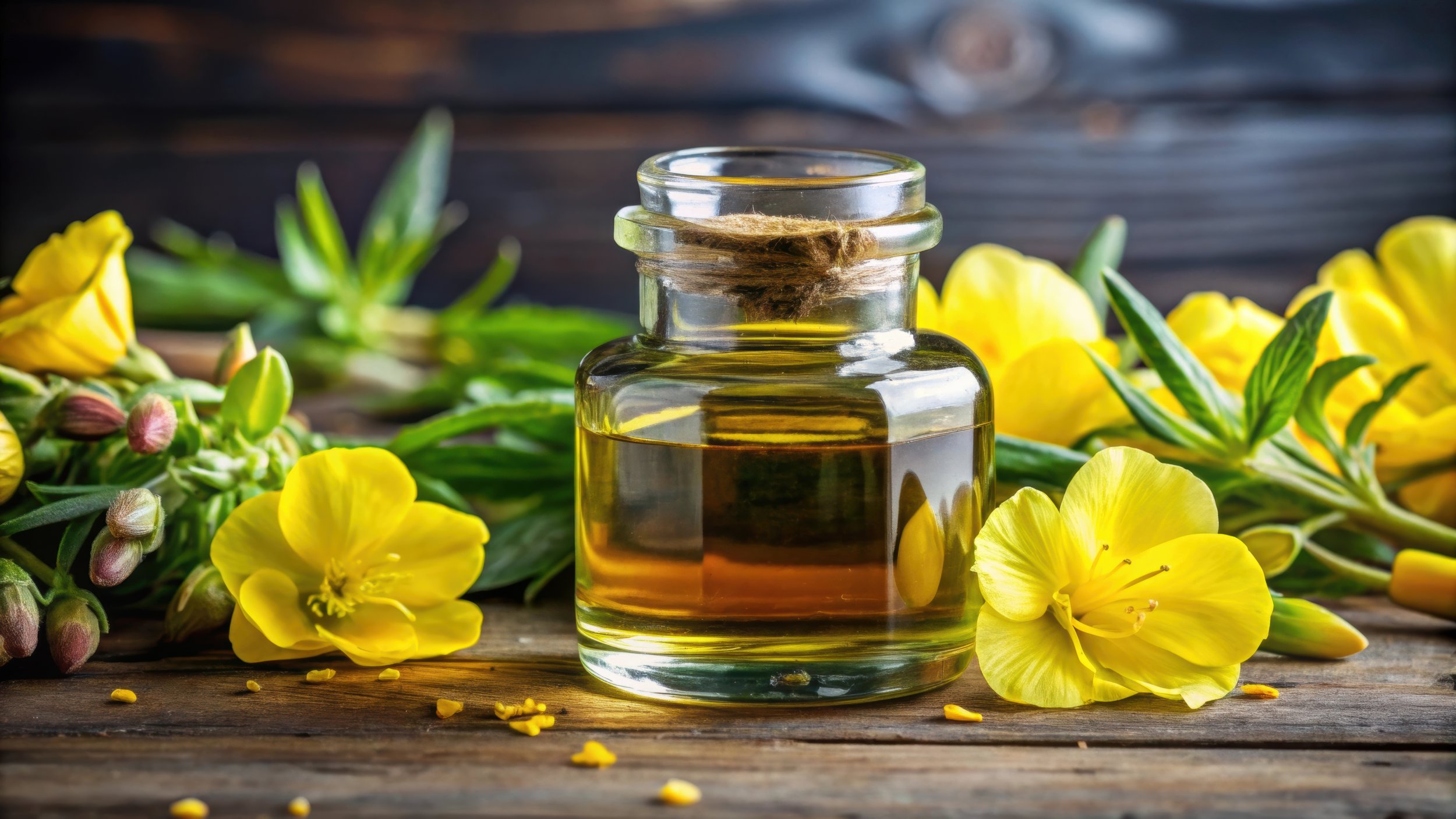
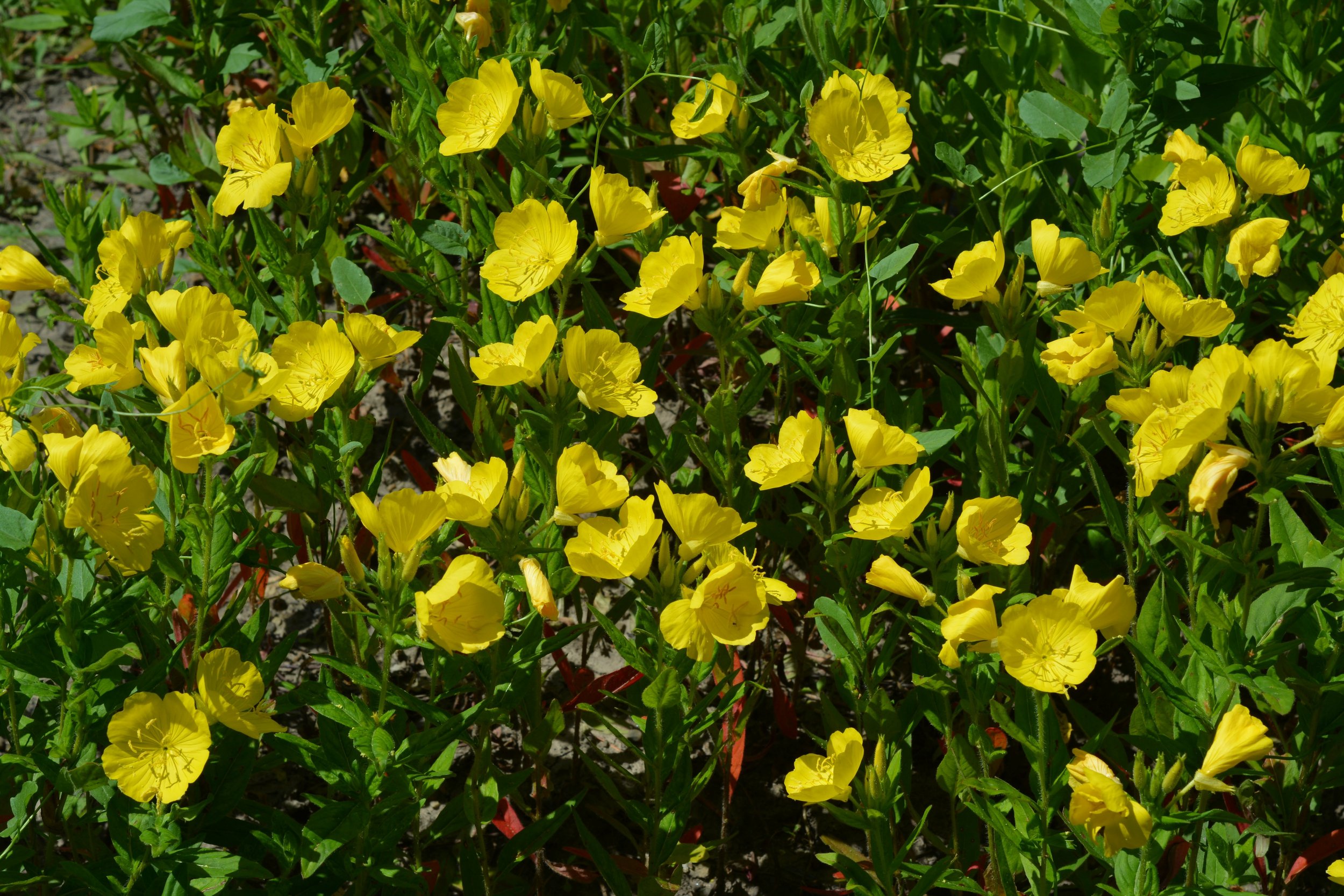







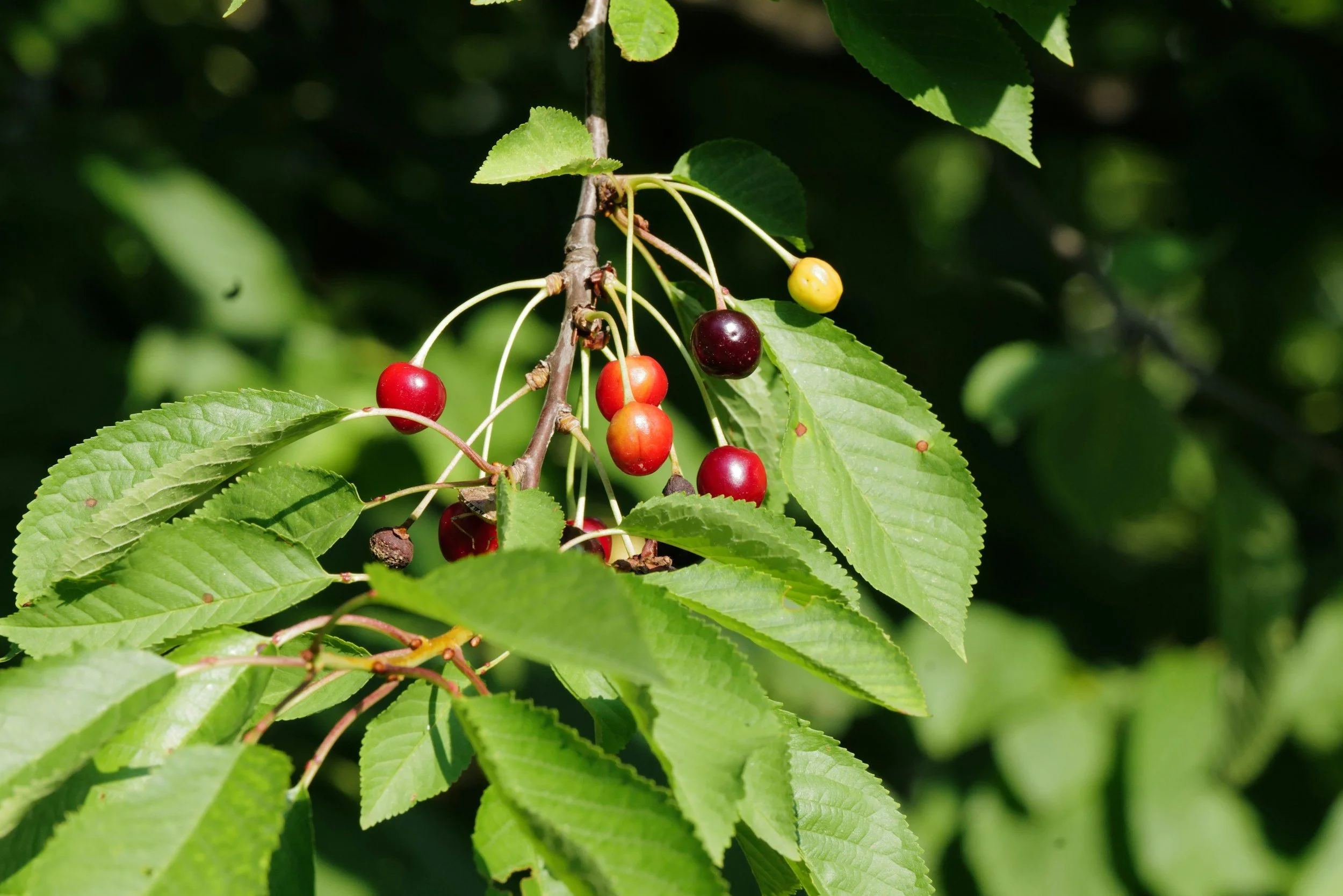
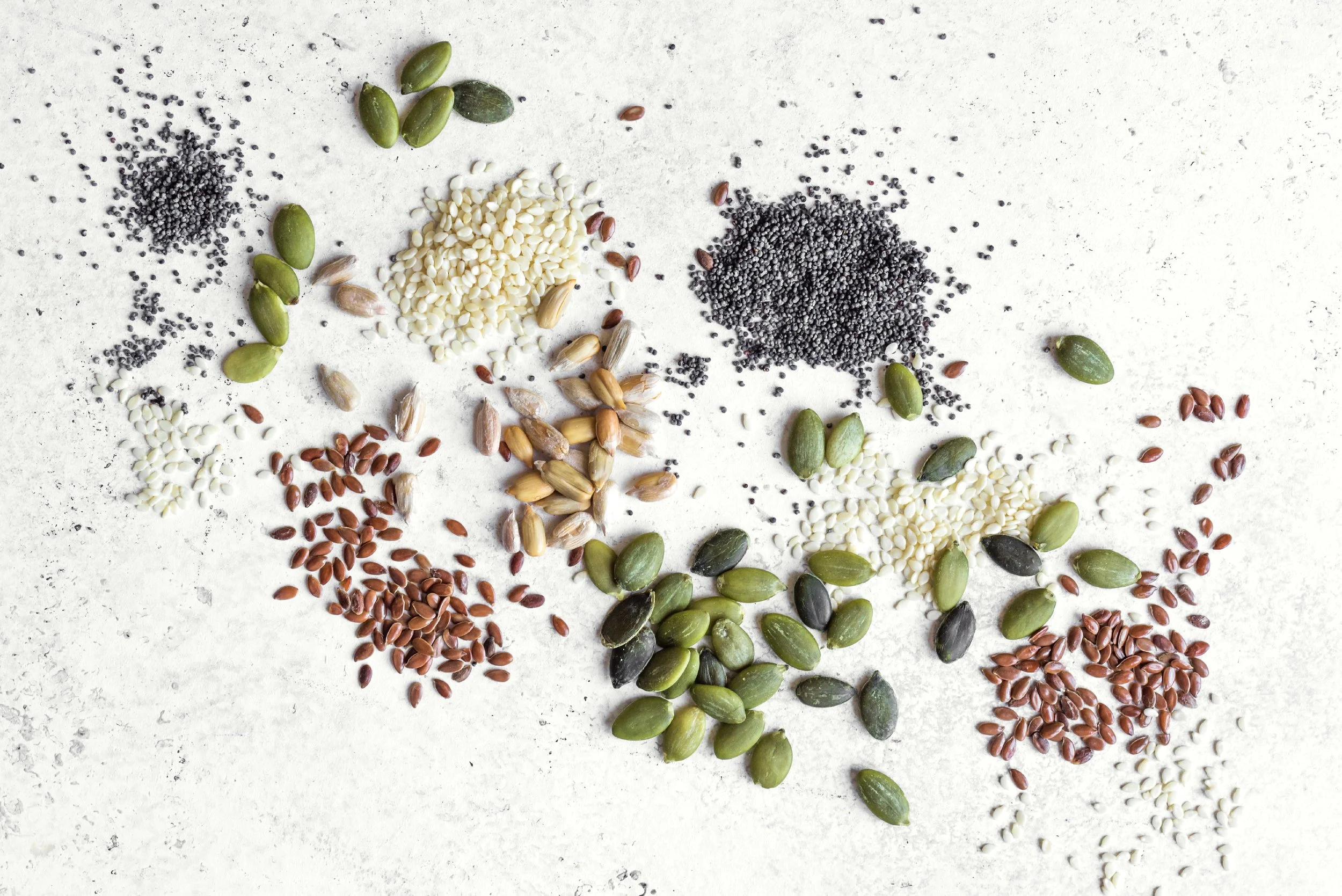
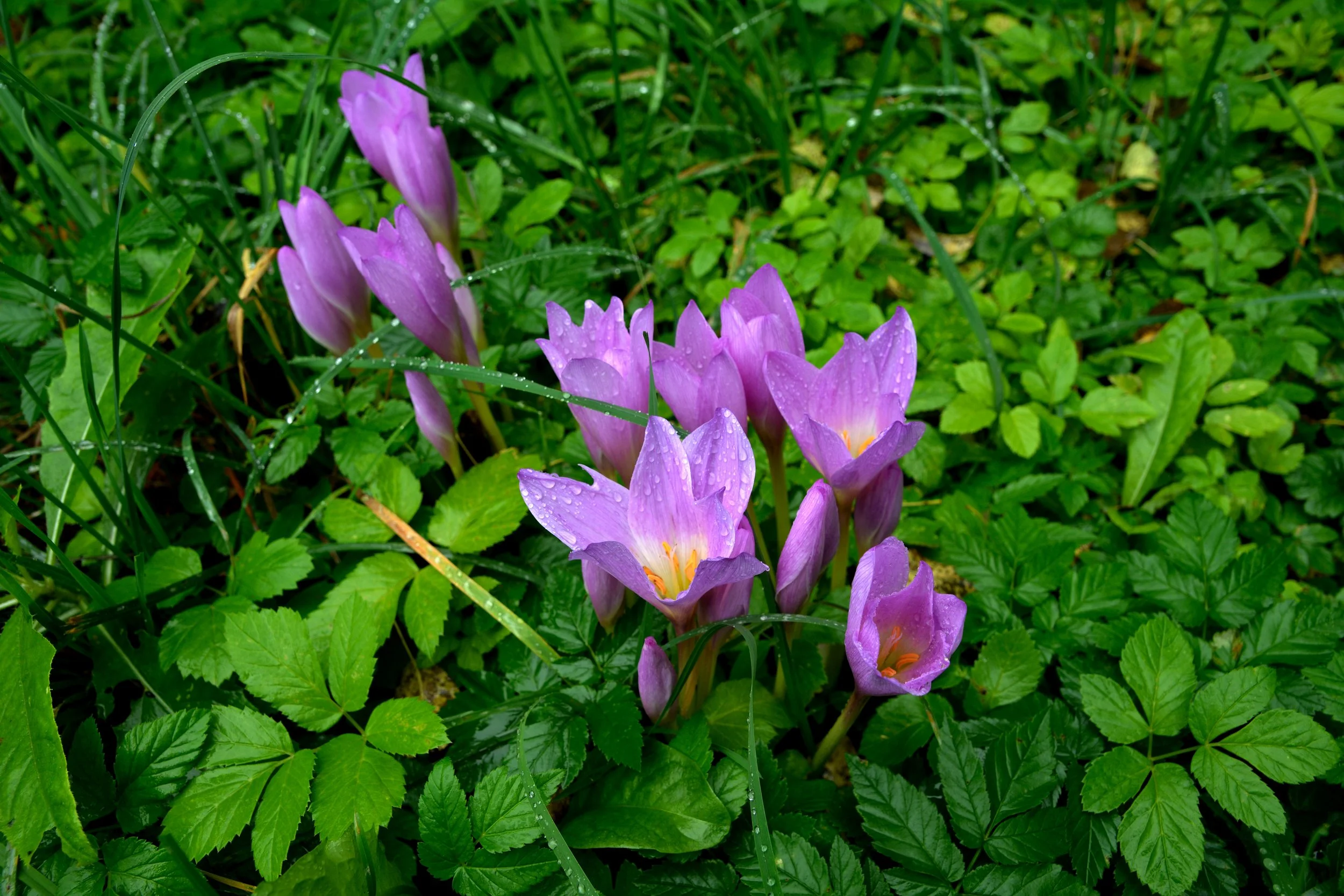
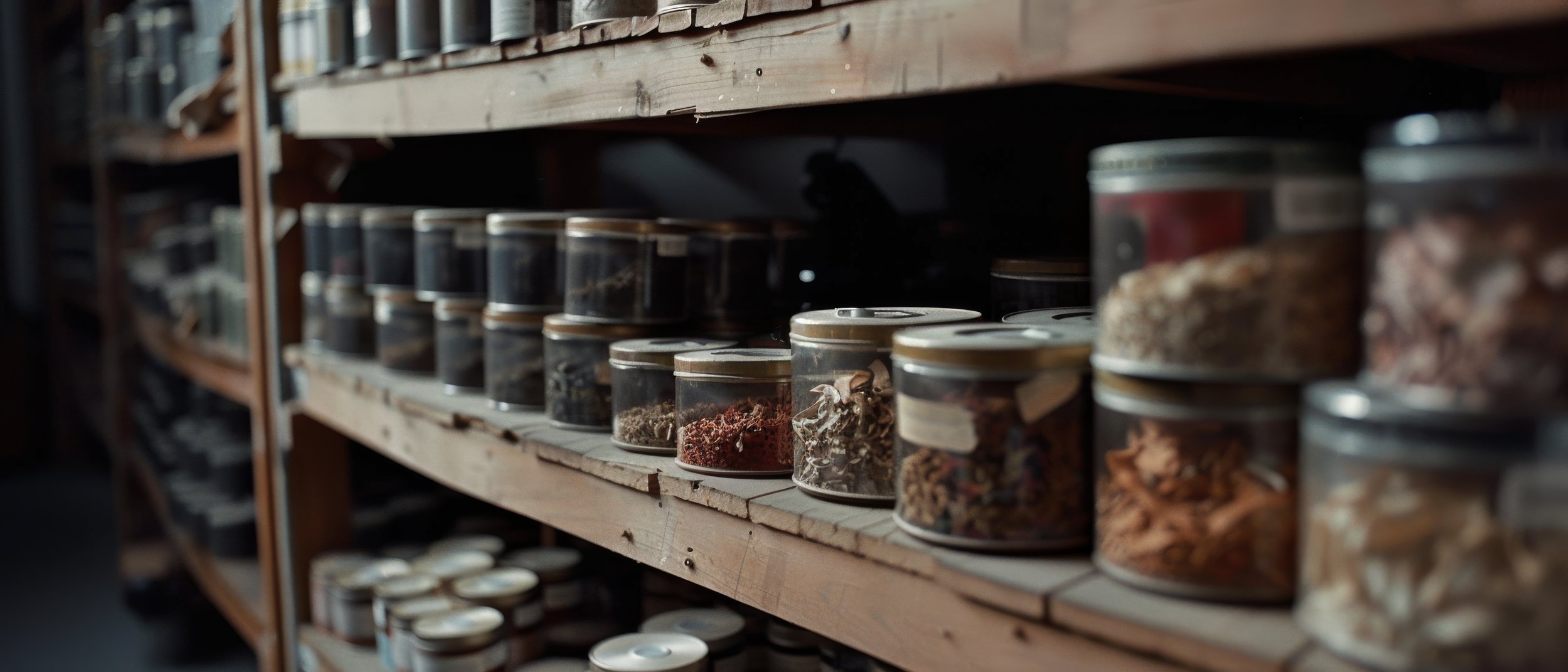
Hello and welcome! I'm Eve, a Chemist turned Herbalist, sharing the wonders of plant medicine and botanical skincare. Join me on this journey to Learn, Create, and Align your Divine!